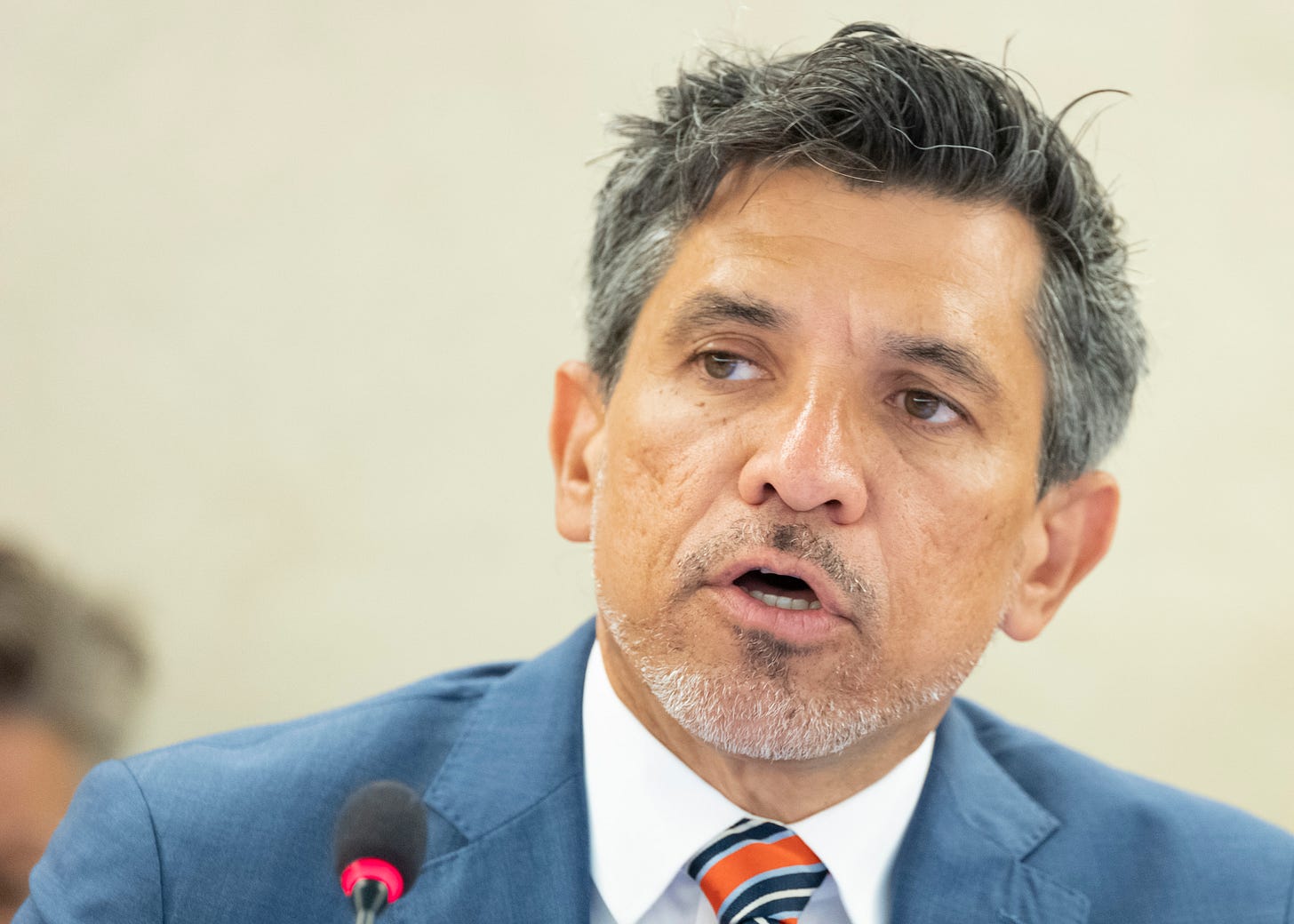The Push to Erase Sex in Law
I guess vital statistics aren’t so vital after all

Editor’s note: the LGB Alliance published a letter of complaint today, addressed to the president of the UN Human Rights Council, charging that Victor Madrigal-Borloz “urges countries to introduce gender self-ID and champions the activist manifesto known as the Yogyakarta Principles instead of doing his job.” Eva Kurilova reminds us what is at stake.



